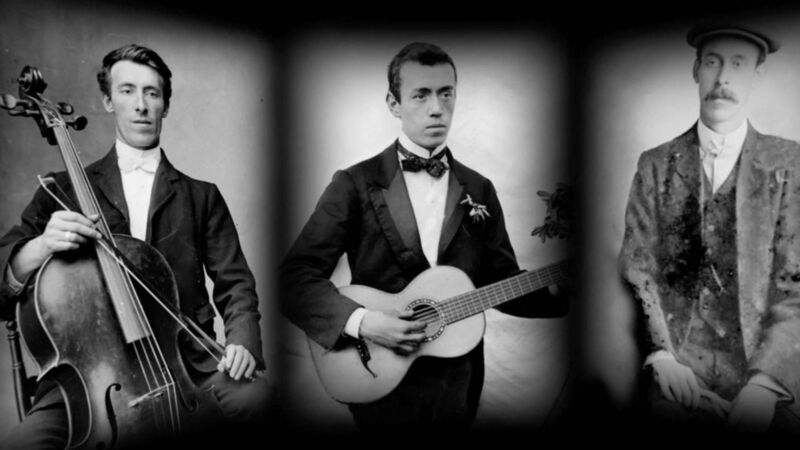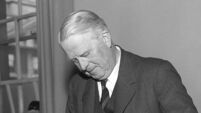Book review: The Cork brothers at the birth of Irish cinema

Jim, Phil and Tom Horgan. The brothers showed remarkable entrepreneurship.
- The Horgan Brothers: The Irish Lumières
- Darina Clancy
- Mercier Press
BOOKS & MORE
Check out our Books Hub where you will find the latest news, reviews, features, opinions and analysis on all things books from the Irish Examiner's team of specialist writers, columnists and contributors.







